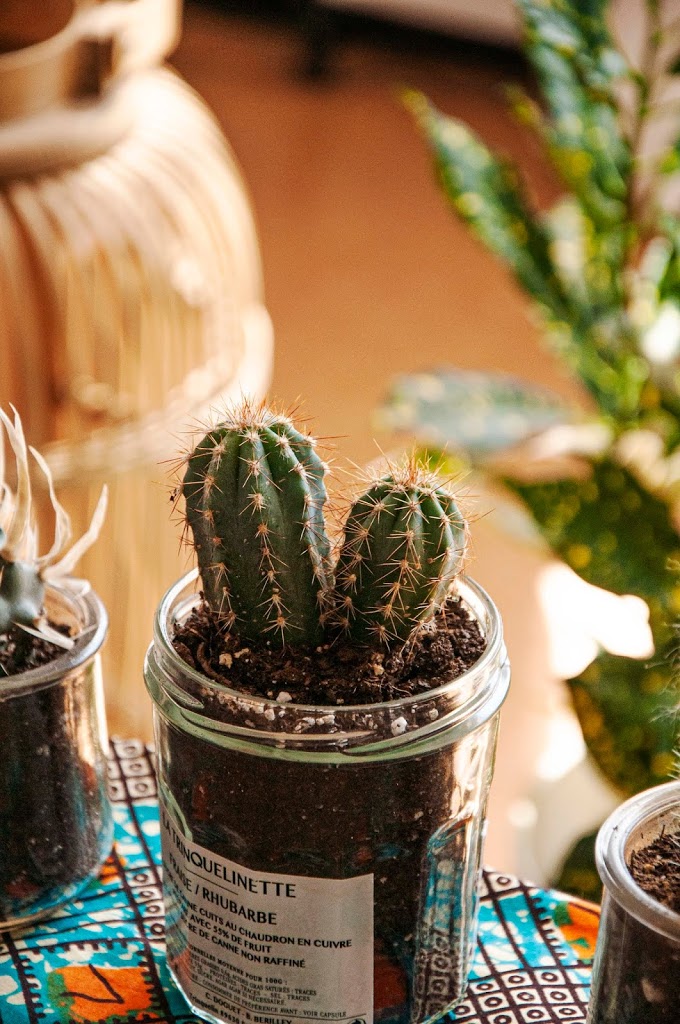1. Have a controlled panic attack:
Yes, I know. Everyone says don’t freak out. But bottling in your fears and pretending everything is fantastic would backfire sooner or later. Like most things, the right dose can be effective. So choose a healthy space and give yourself a calculated time to let go. It could be for half an hour or three days––find a balance between your needs and what you can afford––loosen the reins on your courage and let your fears free. Make it useful, document. Either through audio, video, or writing. Try to record what is happening inside your head and heart. Then when the allocated time for your anxiety release has expired, divided your fears into two categories. A group of things you can control and another of things beyond your control. Find a way to let go of the category outside your control. Perhaps through faith and good rational exercises, e.g., a good research may leave you feeling optimistic. Educate yourself. Learn about the Corona virus through the right sources like cdc.gov and how to protect yourself and loved ones. Learn how others are coping in your community and around the world, I recommend the international column of The Guardian. If you practice a faith, it is not a bad idea to ask for strength to cope, one day at a time––I recite the Lord’s Prayer & Psalm 23 when I need inner strength. With the concerns that you can do something about, brainstorm and research your way into creative solutions. If you need other voices, watch TED Talks (like this one), listen to podcasts, call your loved ones, read a book––I am finding Marcus Aurelius’ Meditations excellent for the current atmosphere. You are not alone, the whole world is with you.
2. Maintain balance through a routine:
Routines are especially great for days when you are not sure what to do with yourself or feel the need to go into auto-pilot. They bring you a sense of familiarity and help you focus. They also hone your self-discipline and time-management skills and when you need it, can gift you generous guilt-free days of leisure. If you don’t have a routine, try creating one. You can be simple and ambitious. Use your experience to tailor your day into a shape that allows you to make accomplishments without burning out. It will keep you looking forward to meeting your future-self who would benefit from the opportunities you are transforming your present into. Also, try doing just one thing at a time. So when you eat, just eat. This is a challenge for me, but I think of it as a sort of meditation and set goals for myself; I have just managed to start eating away from my computer, now I am working on finishing my food in no less than twenty minutes––I am failing continuously but I have no intention of giving up. If you need some ideas on creating a routine, here is a rough sketch of mine: I write/revise in the morning; work on new skills + take naps in the afternoon; do some sort of craftwork in the evening and read at night. I find it helpful to divide my day into four sessions and maintain checkpoints to guide my work flow: before breakfast, before lunch, before dinner and before sleep. My most challenging/important tasks are placed in “the before breakfast margin.” And the most fun/easiest tasks are in the “before sleep” margin. This way, I accumulate motivation from accomplishing what I find difficult/significant and look forward to what I find entertaining. I like how a good routine keeps me focused and at the same time allows me to enjoy my day responsibly. Also, by investing my best efforts into a day, I am able to climb into bed at night with gratitude.
3. Maintain and grow a mental list of simple joys:
The rules are simple: discover it, acknowledge it and observe it. Simple joys remove the mundane masks our days hide behind. They transform the moments into doses of magic. I have lots of simple joys and because of them, I am always laughing like a fool…Even now, locked away in my apartment, not knowing how I will make my future rent while trying to reason with anguish attacks my mind won’t stop creating about not having stocked-up enough of my favorite noodles. Ah, what can one do? What prompted my current way of the practice is a scene from one of my favorite Korean dramas, Because this is my First Life. In one of the latter episodes, Yoon Ji Ho’s mother explained that she endured her relationship with her husband by engraving into memory his best treatments of her. Then she retrieves them for strength when her marriage feels difficult. I was not convinced, but I understood. It led to an epiphany: instead of memories, one could start carefully searching, discovering, acknowledging and basking in favorite moments in the present time. For instance, I have noticed that I love the sound and look of boiling water. Now when I boil liquid, I take the time to enjoy the bubbles, sounds and steams it makes. This transforms an ordinary event into something special. My simple joys make my days richer. So rich that it is difficult not to believe myself to be a lucky fool. I wish you these experiences too, because they are exciting and psychologically beneficial. It could help enable one with the sort of perspective that encourages creativity and optimism.
What tomorrow will bring has never really been clear or in our grasp. We just like to assume it is. All we can do is live our minutes as truthfully and responsibly as we possibly can and let the rest take care of itself. So in these moments of difficulties we must try to not worry so much. Instead let’s make history by doing the very best we can for ourselves and our communities by utilizing our courage, creativity, empathy and humanity even through our necessary practices of isolation.
Live well & responsibly,
Jane



